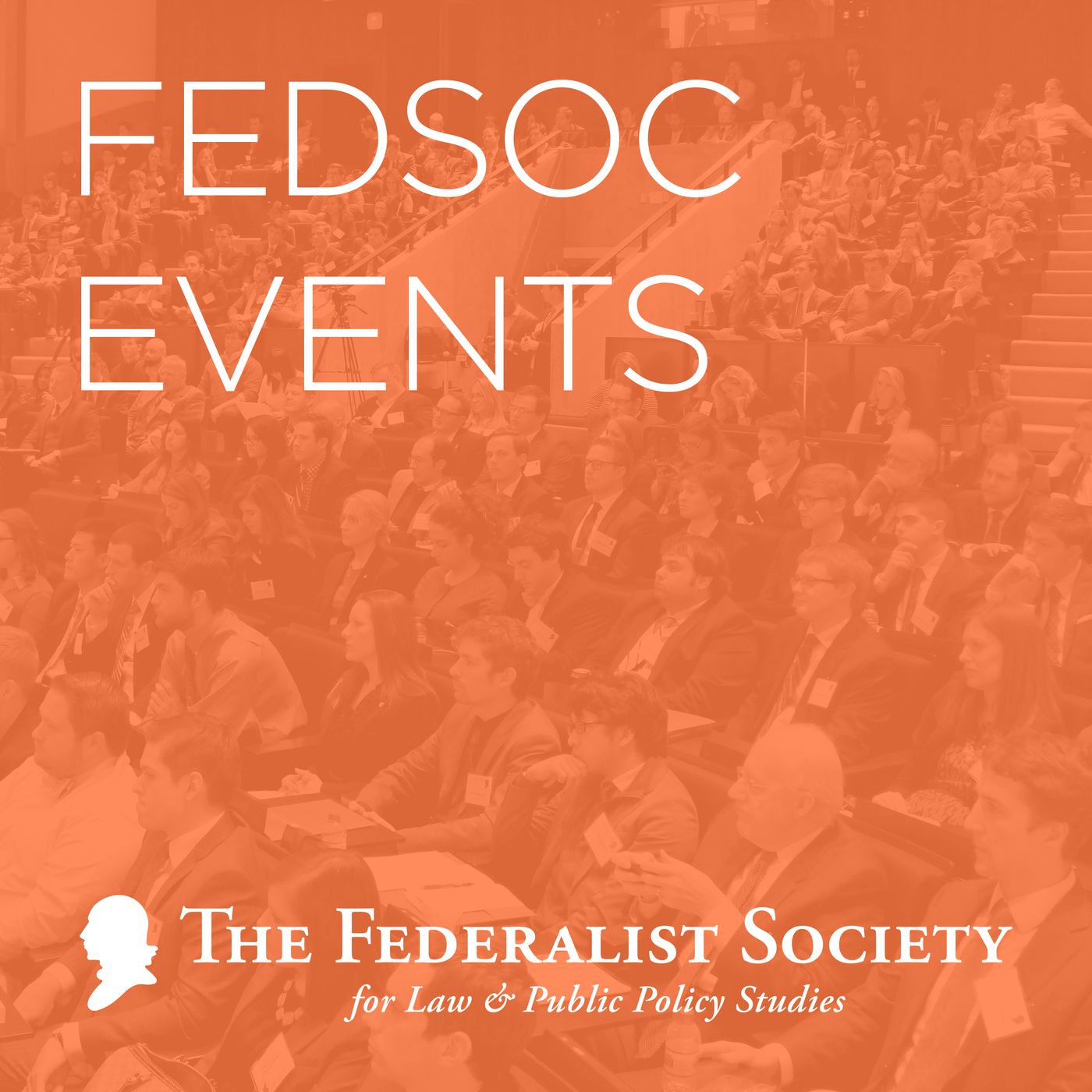- News
- Politics
- SEE MORE
- classical
- general
- talk
- News
- Family
- Bürgerfunk
- pop
- Islam
- soul
- jazz
- Comedy
- humor
- wissenschaft
- opera
- baroque
- gesellschaft
- theater
- Local
- alternative
- electro
- rock
- rap
- lifestyle
- Music
- como
- RNE
- ballads
- greek
- Buddhism
- deportes
- christian
- Technology
- piano
- djs
- Dance
- dutch
- flamenco
- social
- hope
- christian rock
- academia
- afrique
- Business
- musique
- ελληνική-μουσική
- religion
- World radio
- Zarzuela
- travel
- World
- NFL
- media
- Art
- public
- Sports
- Gospel
- st.
- baptist
- Leisure
- Kids & Family
- musical
- club
- Culture
- Health & Fitness
- True Crime
- Fiction
- children
- Society & Culture
- TV & Film
- gold
- kunst
- música
- gay
- Natural
- a
- francais
- bach
- economics
- kultur
- evangelical
- tech
- Opinion
- Government
- gaming
- College
- technik
- History
- Jesus
- Health
- movies
- radio
- services
- Church
- podcast
- Education
- international
- Transportation
- Other
- kids
- podcasts
- philadelphia
- Noticias
- love
- sport
- Salud
- film
- and
- 4chan
- Disco
- Stories
- fashion
- Arts
- interviews
- hardstyle
- entertainment
- humour
- medieval
- literature
- alma
- Cultura
- video
- TV
- Science
- en
Panel 2: Is Economic Protectionism a Legitimate State Interest?

b'On March 15-16, 2019, the Federalist Society\'s student chapter at the ASU Sandra Day O\'Connor College of Law hosted the 2019 National Student Symposium. The second panel asked "Is Economic Protectionism a Legitimate State Interest?".
The Tenth Circuit held in Powers v. Harris that “intra-state economic protectionism, absent a violation of a specific federal statutory or constitutional provision, is a legitimate state interest.” The Second Circuit agrees. In contrast, the Fifth and Sixth Circuits have struck down laws aimed at protecting local economic actors as unjustified by state police power. Does a state violate the Equal Protection Clause when it restricts economic liberty for the sole purpose of economic protectionism? For example, is the Equal Protection Clause violated when a state doesn’t make an activity or ownership of a certain type of property per se illegal, but the state employs economic “checkpoints” to significantly discourage the activity or specified property ownership (i.e., guns, pornography, etc.).
This panel will also explore the impact of cronyism on emerging technologies and federalism. For example, had Uber and Lyft not been so successful in expeditiously building themselves up before being taken seriously by regulators and traditional industry competitors (i.e., taxi companies), the taxi companies likely could have, and would have, lobbied to pass legislation and create regulations making ridesharing companies like Uber and Lyft illegal, or so cost prohibitive as to preclude the ridesharing industry from ever being financially viable.
Prof. Paul Bender, Dean Emeritus and Professor of Law, ASU Sandra Day O’Connor College of Law
Dr. Yaron Brook, Chairman of the Board, Ayn Rand Institute
Prof. Roderick M. Hills, Jr., William T. Comfort, III Professor of Law, NYU Law
Prof. Todd J. Zywicki, George Mason University Foundation Professor of Law, Antonin Scalia Law School
Moderator: Hon. Edith H. Jones, United States Court of Appeals, Fifth Circuit
As always, the Federalist Society takes no position on particular legal or public policy issues; all expressions of opinion are those of the speakers.'